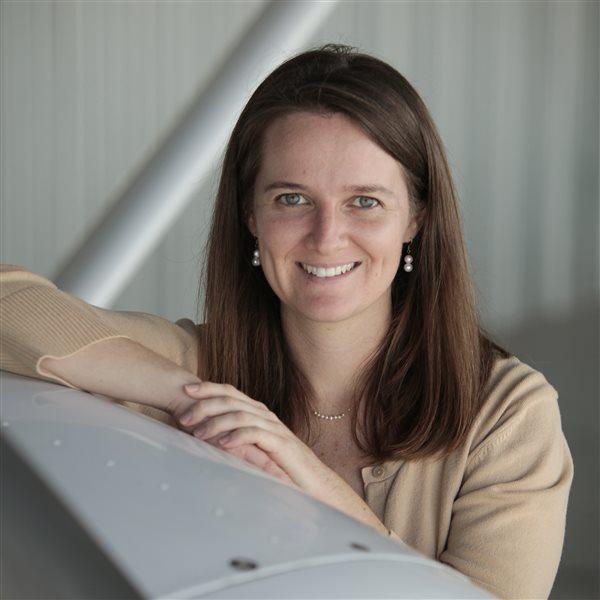Piper Cub Sweepstakes: Precision panel
More capable than expected

Aerotronics in Billings, Montana, ditched the traditional, basic analog VFR panel, designing a modern cockpit that’s “more capable than expected from a Super Cub,” said Aerotronics President Steve Vold. The avionics shop built the flush-mounted, symmetrical panel to within one-sixteenth of an inch of what the Super Cub’s airframe allows.
Fitted with two Garmin G5 electronic flight instruments, an aera 660 portable GPS, GTR 225 com radio, and GTX 345 transponder, the panel offers a wealth of precise information—not to overload the pilot with technology, but to “reduce workload in the aircraft and increase enjoyment,” said Joey Ferreyra, Garmin aviation marketing manager. The sweepstakes winner can learn the details of the systems or just start up the Super Cub, let the maps pop up, and receive audible traffic alerts without setting up anything, Ferreyra explained.
The wireless connected cockpit will allow the winner to plan flights at home with the Garmin Pilot app and then send it to the aera 660. The GTX 345 transponder displays weather and advanced Automatic Dependent Surveillance-Broadcast traffic information via Bluetooth on the aera 660, while also providing audible traffic alerts. The rear-seat passenger can also connect to the transponder via Bluetooth to track the flight and get traffic data through the Garmin Pilot app. The G5 is a certified primary attitude indicator replacement and backup airspeed and altimeter. The second G5 is paired with a magnetometer and replaces the directional gyro.
“The redundancy of the technology is unbelievable,” said Darin Meggers, of Montana-based Baker Air Service, who is performing the Super Cub’s restoration. The vibration in tube-and-fabric aircraft “takes a toll” on gyros, Meggers said, explaining that they replace the gyros in the company’s pipeline patrol Aviat Husky aircraft every 200 to 500 hours. That won’t be an issue with the G5s. “Nobody should ever have to go back to the radio shop with it,” he said.
Mid-Continent Instruments and Avionics’ airspeed indicator and altimeter provide primary information; the company's digital clock will be in the upper left wing root. “The two-inch instruments are great for limited panel space requirements,” said Mid-Continent Instruments and Avionics’ Director of Sales David Copeland.
The J.P. Instruments EDM 900 primary flight instrument replaces the Super Cub’s tachometer and oil temperature and pressure instruments, and provides engine data so precise that the pilot will be able to quickly detect “if you have a spark plug malfunctioning,” Meggers said. Combine that with the digital CiES fuel sending units, and the pilot will know practically to the drop how much fuel the Lycoming O-320 is burning.
The sweepstakes winner and a passenger can enjoy listening to music on long cross-countries with PS Engineering’s PM3000A intercom. The intercom will mute the music during communications to prevent confusion or distraction.
Wondering how all of this fits in the Super Cub panel? It wasn’t easy given the small, traditional panel; rigid placement of the radio and transponder because of the airframe’s structure; space for a gear position indicator for amphibious floats; and need for no extensions under the panel that would cause pilots to bump their knees. Aerotronics Installation Technician Isaac Horn spent at least 30 hours creating renderings and plastic templates before cutting the actual panel, ensuring that it was symmetrical, that everything fit, and that the winner could keep the traditional six-pack scan even with all of the modern avionics.
Horn, who has designed dozens of panels for Super Cubs during his nearly 12 years at Aerotronics, delivered. “We got ’er all squeezed into a standard-height panel” that’s only three-sixteenths of an inch taller than the original, Horn said—a difference that will be difficult even for the most eagle-eyed Super Cub pilots to detect.
Email [email protected]



